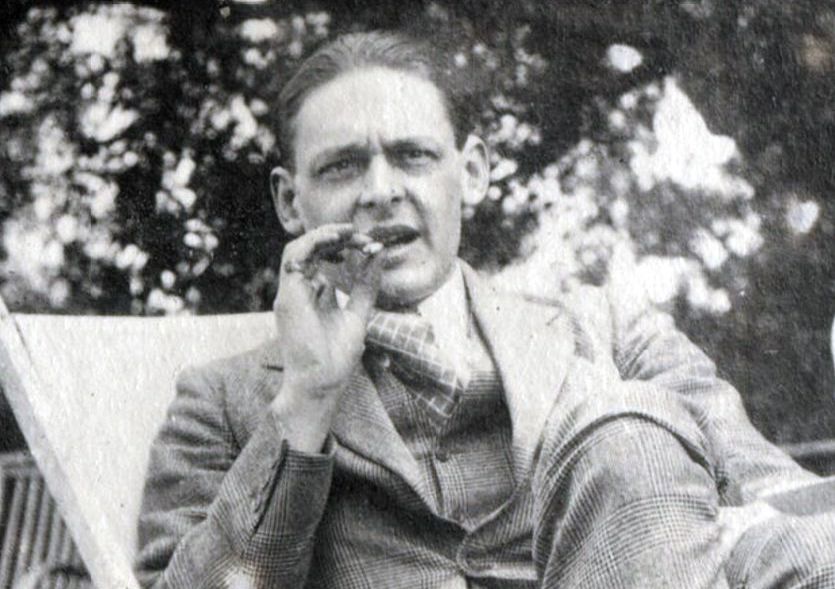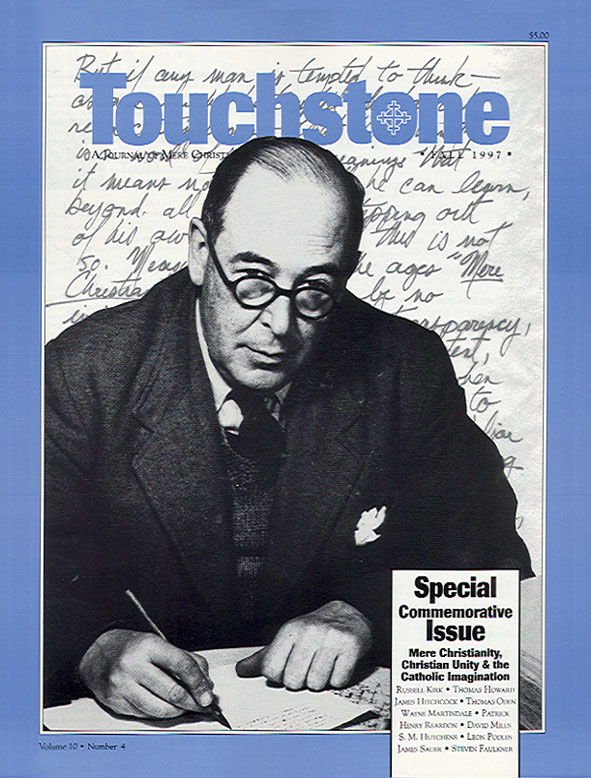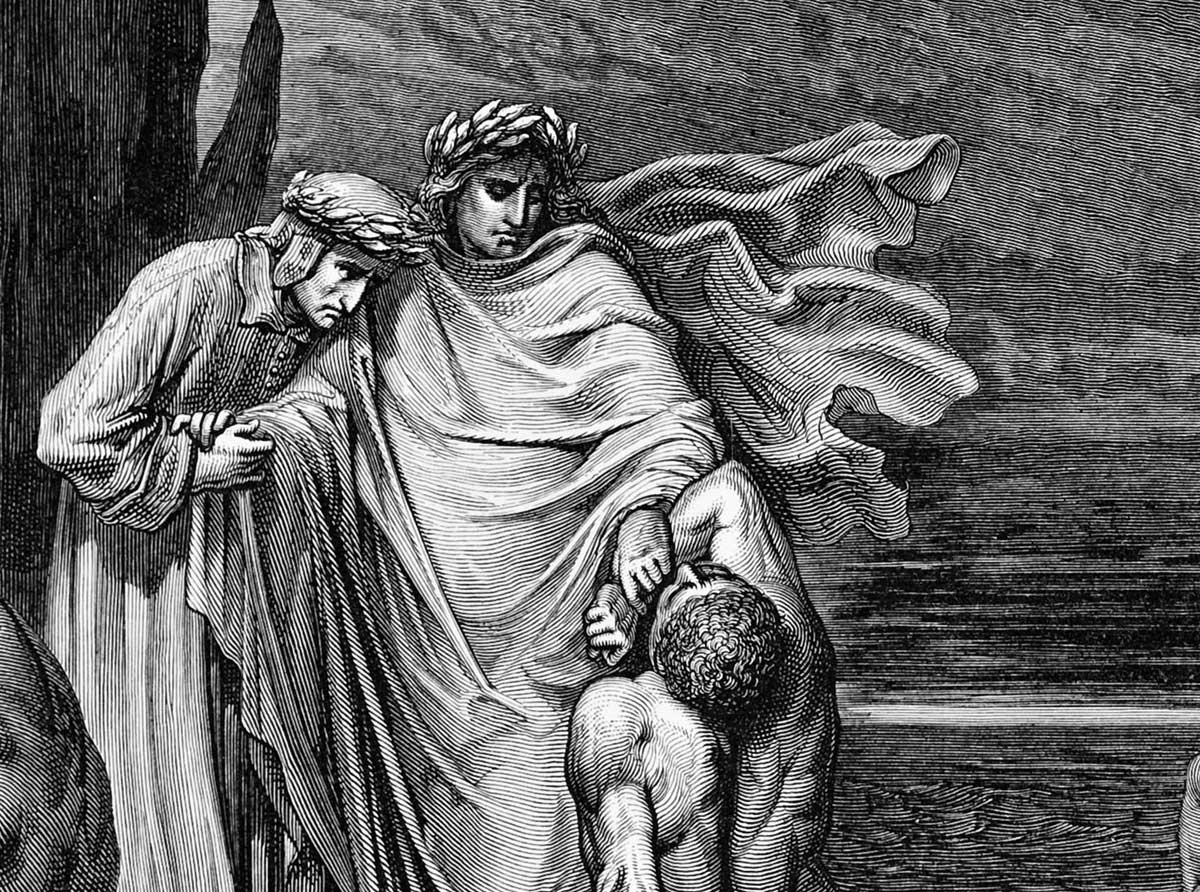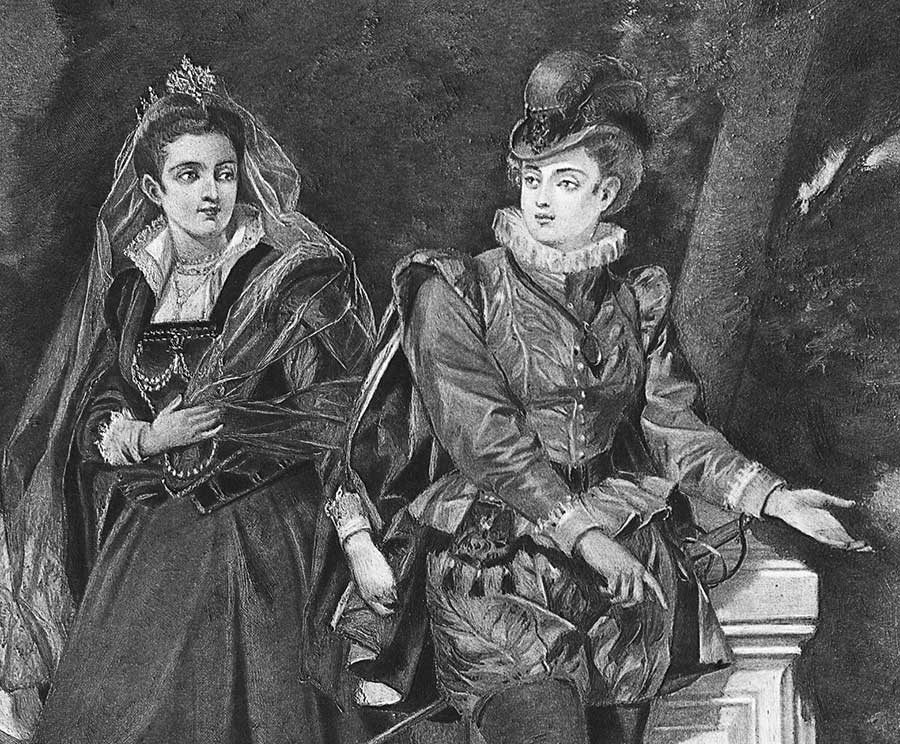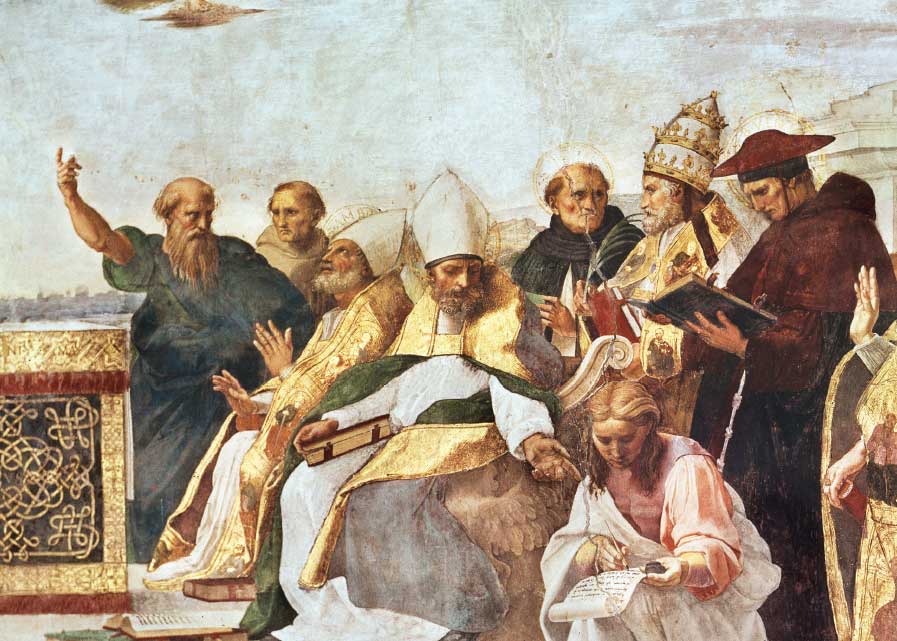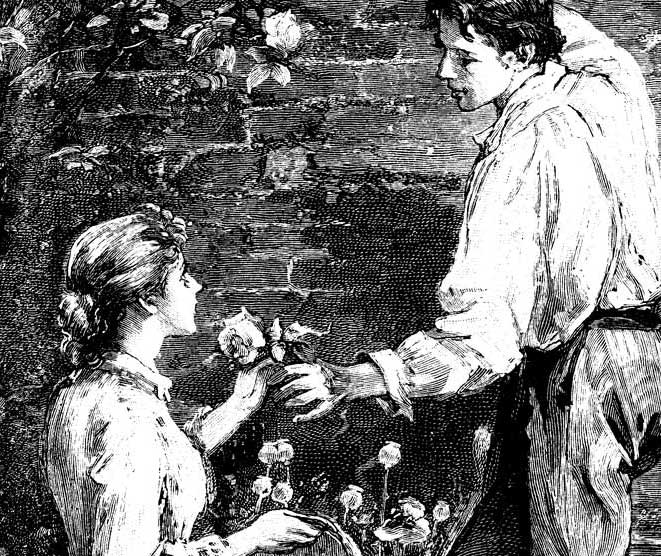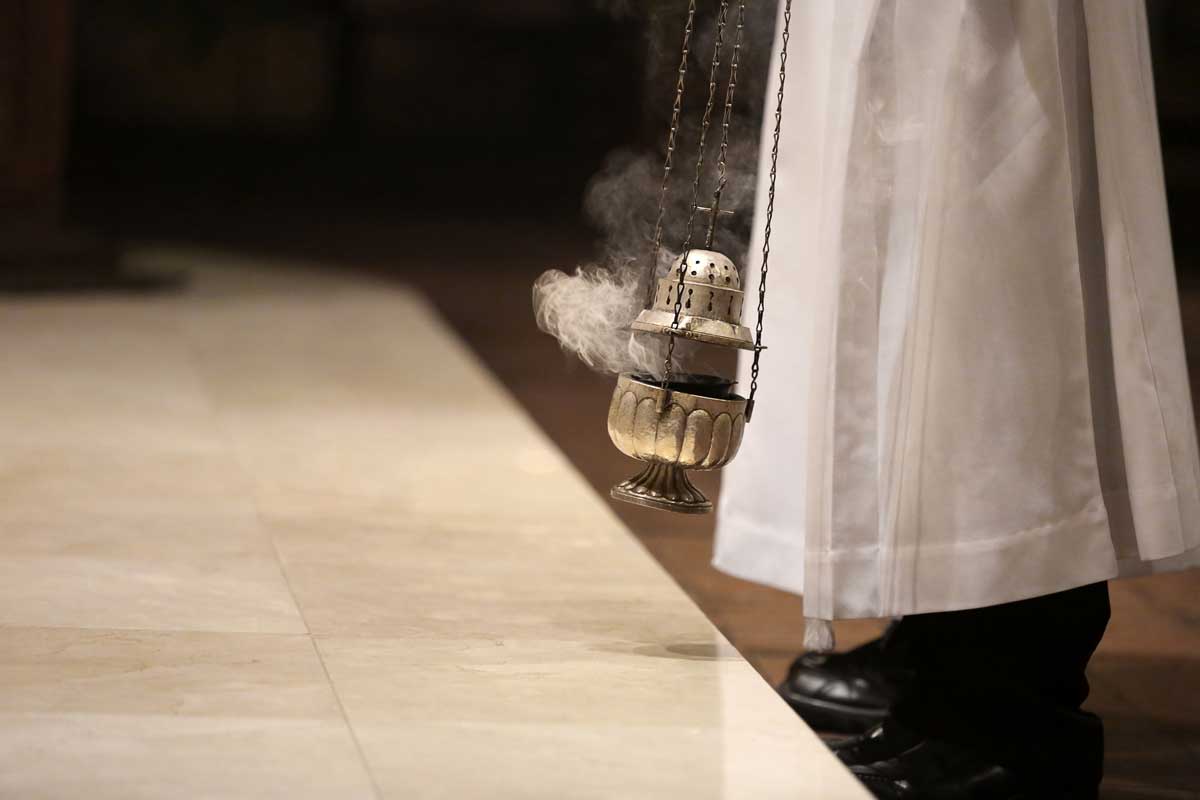T. S. Eliot on Literary Morals
On T. S. Eliot’s After Strange Gods
by Russell Kirk
T. S. Eliot’s slim book about moral and immoral fiction may surprise anyone who first comes upon a copy. After Strange Gods: A Primer of Modern Heresy consists of three lectures delivered at the University of Virginia in 1933. These present an uncompromising denunciation of liberalism— both the liberalism of the nineteenth century and that of the twentieth (the two differing little, in Eliot’s judgment); both liberalism in the Church and liberalism in the secular commonwealth.
THIS ARTICLE ONLY AVAILABLE TO SUBSCRIBERS.
FOR QUICK ACCESS:
subscription options
Order
Print/Online Subscription

Get six issues (one year) of Touchstone PLUS full online access including pdf downloads for only $39.95. That's only $3.34 per month!
Order
Online Only
Subscription

Get a one-year full-access subscription to the Touchstone online archives for only $19.95. That's only $1.66 per month!
bulk subscriptions
Order Touchstone subscriptions in bulk and save $10 per sub! Each subscription includes 6 issues of Touchstone plus full online access to touchstonemag.com—including archives, videos, and pdf downloads of recent issues for only $29.95 each! Great for churches or study groups.
Transactions will be processed on a secure server.
more on literature from the online archives
more from the online archives
calling all readers
Please Donate
"There are magazines worth reading but few worth saving . . . Touchstone is just such a magazine."
—Alice von Hildebrand
"Here we do not concede one square millimeter of territory to falsehood, folly, contemporary sentimentality, or fashion. We speak the truth, and let God be our judge. . . . Touchstone is the one committedly Christian conservative journal."
—Anthony Esolen, Touchstone senior editor






